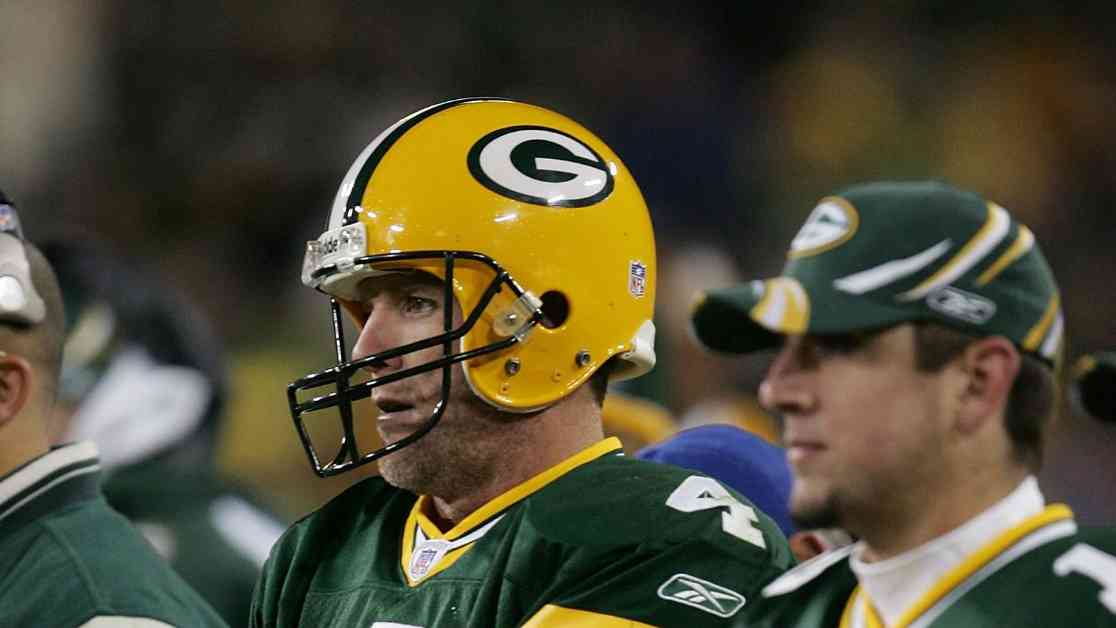Former Green Bay Packers quarterback Brett Favre, known for his impressive career and status as a Hall of Famer, recently disclosed his Parkinson’s disease diagnosis during a Congressional hearing related to a welfare fraud case. The 54-year-old Super Bowl winner and three-time NFL Most Valuable Player shared that he had been investing in a drug company focused on developing a groundbreaking concussion treatment, which unfortunately did not come to fruition. Despite the setback, Favre expressed his commitment to supporting research in this area, citing his personal connection to the cause now that he has been diagnosed with Parkinson’s.
Throughout his 16 seasons with the Packers, as well as stints with the New York Jets and Minnesota Vikings, Favre left a lasting impact on the NFL. His remarkable achievement of winning three consecutive MVP awards from 1995 to 1997 solidified his legacy as one of the league’s greatest players. While dealing with the legal challenges of the welfare fraud case, Favre remains focused on raising awareness about Parkinson’s disease and advocating for continued research and support for those affected by the condition.
As a beloved figure in the football community, Favre’s openness about his health struggles serves as a reminder of the importance of addressing neurological disorders and the need for advancements in treatment options. His willingness to share his personal journey with Parkinson’s sheds light on the challenges faced by individuals dealing with such conditions, highlighting the significance of early detection and ongoing care.
In light of Favre’s revelation, there is an opportunity to increase public awareness and support for Parkinson’s research initiatives. By leveraging his platform and influence, Favre can inspire others to join the fight against neurological diseases and contribute to finding solutions that improve the quality of life for patients. As the NFL community rallies around Favre during this challenging time, there is a chance to unite in solidarity and promote a greater understanding of the impact of Parkinson’s on individuals and their families.
Moving forward, it is essential to prioritize education, research, and access to resources for individuals affected by Parkinson’s disease. By sharing personal stories like Favre’s and highlighting the resilience and courage of those living with neurological conditions, we can foster a more compassionate and supportive society. Through continued advocacy and collaboration, we can work towards a future where innovative treatments and therapies offer hope and healing to individuals facing health challenges like Parkinson’s. The journey ahead may be challenging, but with unity and determination, we can make a meaningful difference in the lives of those impacted by neurological disorders.












